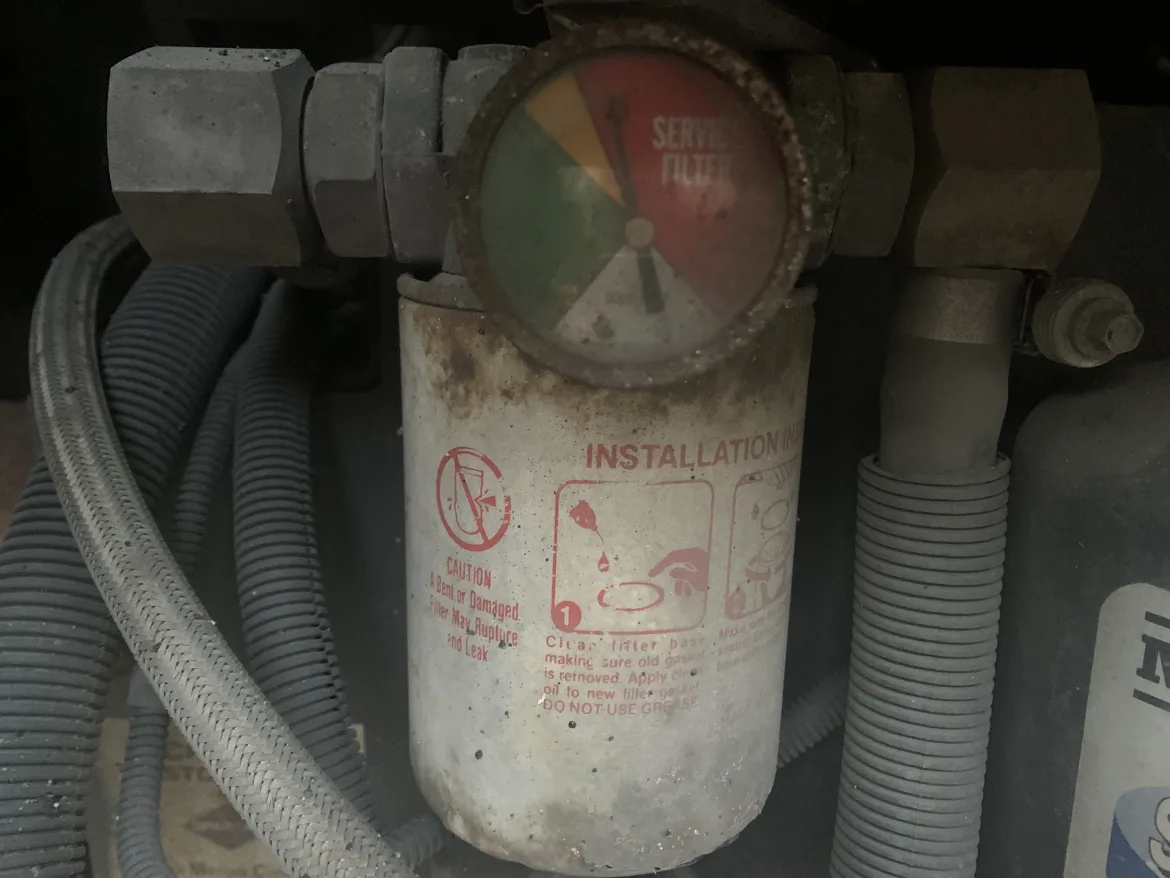By Steve Froese, F276276
In the September Tech Topic, Mind Your Maintenance, I provided tips for pretrip inspections and regular RV maintenance. In this installment, I want to share some specifics regarding annual service needs that apply to towable and motorized RVs.
Key maintenance tasks that are musts for keeping your RV operating safely and reliably for years to come include yearly inspections of the propane system and exterior seals. Regular checks help to ensure that the propane system is safe and has no leaks. Seal inspections help to avoid expensive water leaks. But these are not the only safety and reliability concerns related to RV maintenance, so I want to focus on several other annual maintenance requirements.
For motorhome owners, it is important to find a good, trustworthy mechanic. If you have a Class B RV based on a Sprinter chassis, you’ll have access to numerous reliable shops, including dealerships that specialize in vehicles built on these van chassis. For larger Class A coaches, finding a service facility may be more difficult. Many shops can’t accommodate vehicles of this size, and others simply won’t work on them. If you are lucky enough to locate a service facility willing and able to work on your Class A motorhome, ensure that they are reputable and do good work.
If you own a diesel motorhome, it likely will be easier to find a mechanic, as shops that work on heavy-duty vehicles are relatively prevalent, even in smaller communities. One option is to take your motorhome to a truck dealership service center, such as those operated by Freightliner. Many dealerships also work on large gasoline-powered Class A motorhomes. Truck dealership technicians and other heavy-duty-vehicle mechanics have the facilities and expertise to work on large units, and an additional perk is that many truck dealership service departments have extended operating hours.
In the case of travel trailers, your local RV dealership should be able to perform annual maintenance tasks.
If you are mechanically inclined, you may decide to perform the service yourself. In that case, perhaps this article will provide some insight as to the specific points of maintenance.
Servicing motorhomes is similar to maintaining any other motor vehicle. Of course, specific requirements may exist if it has air brakes, a hydraulic system, etc. It is important to be aware of these special needs.
Once you identify a service facility for your RV, establish a regular maintenance plan. The first step is to follow the guidelines of the chassis manufacturer and the RV manufacturer for service intervals, including oil changes, lubrication, etc. Standard points of inspection include, but are not limited to, tire and belt condition and wear, brake wear and adjustment, and exterior lights, plus intervals for lubrication, fluid, and filter changes. This will include recommended intervals for coolant, differential, brake, hydraulic, and transmission fluids, as well as oil change intervals. However, these are just examples. The vehicle owners manual will provide all the information specific to your unit. If you don’t have an owners manual, find trustworthy information online or contact the manufacturer directly.
Whenever you take your motorhome into the shop for annual maintenance, make sure all other concerns are also addressed. It is extremely important to monitor your RV for any unusual or concerning behavior and to provide as many details as possible to your service center so they may assist with troubleshooting and repair. For instance, let them know about any abnormal handling characteristics, such as pulling to one side during driving or braking, excessive air loss (for air-brake-equipped vehicles), hard or unusual steering, or anything else that raises concern or seems unusual.
If you have concerns that make you feel unsafe or uncomfortable, take your RV in for service at your earliest convenience — don’t wait.
Discuss the work in detail with the service writer so you understand exactly what they are going to do and charge you for, and so they understand any special issues you have described. You don’t want them spending labor hours on a wild goose chase because the actual issue was not properly communicated or identified. Even for routine maintenance, make sure you communicate with them about what they will be doing and the expected costs.
Forging an effective and trustworthy relationship with the service provider and service writers is key to efficient and effective maintenance and repair of your vehicle. A reputable shop will understand how to properly maintain your unit, especially if they are experts in your make and model, as a dealership would be, but the more accurately you can describe other issues with your vehicle, the more effective the troubleshooting and repair will be.
Travel trailers also have annual chassis maintenance requirements, and these are easily overlooked by owners. Trailer chassis maintenance includes brake inspection and adjustment (unlike motor vehicles, most trailers do not have self-adjusting brakes), tire condition, bearing repacks, and general inspections. Don’t neglect your towing vehicle maintenance, either.
The importance of annual maintenance on your RV, regardless of type, cannot be overstated. The reliability of your unit and safety of your family is at stake, so please don’t neglect routine maintenance or dismiss its importance. Don’t procrastinate on these vital annual tasks.

